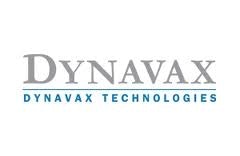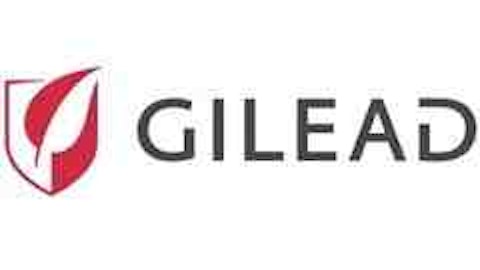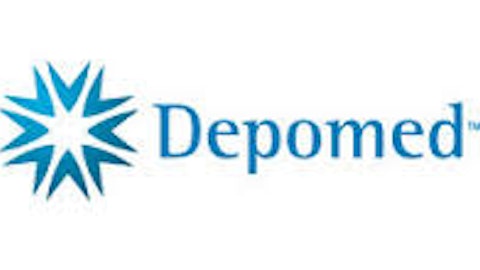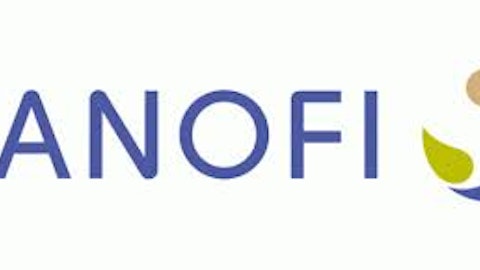Despite all of Wall Street’s conflict and contention, a fortunate few companies enjoy unanimous support among professional analysts. If the market’s movers and shakers all believe these companies will beat the long-term averages, well, surely they will — right?
Not so fast! With help from Motley Fool CAPS, the 180,000 member-driven investor community that translates informed opinion into stock ratings of one to five stars, we’ll see whether these highflying favorites deserve analysts’ unwavering support.
Today, we’ll take a look at drug developer Dynavax Technologies Corporation (NASDAQ:DVAX), whose hepatitis-B vaccine Hepsilav is coming up for FDA review later this month. The stock was crippled late last year after an agency advisory panel offered up seemingly contradictory opinions: It voted 13-1 in favor of the vaccine’s approval, but 8-5 that the data didn’t support its safety. The heightened sensitivity over how the agency might react to a drug with an uncertain safety profile led the market sell off Dynavax’s shares.

Of course, just because Wall Street loves ‘ em doesn’t mean you have to. Analyst sentiment is only just the jumping off place for your own research.
Yes, no, maybe so
If you just followed the headline news about the advisory panel decision, you’d have sold off your Dynavax shares, too. The FDA has come under fire in the past for approving drugs that were subsequently deemed unsafe and has cracked down on those that didn’t reach the higher bar it’s set. It just rejected Novo Nordisk A/S (ADR) (NYSE:NVO)‘s diabetes treatment Tresiba saying the pharmaceutical had to first conduct a comprehensive cardiovascular safety trial — a big risk the Fool’s Keith Speights highlighted last year as a potential outcome — despite the drug gaining acceptance in international markets and the regulatory agency’s own advisory panel approval recommendation.
So, its cautionary note about Hepsilav’s safety had investors running for the exits — only they should have read further on to see it might not be as devastating as it appeared. While they were split in the opinion, it was based on not having enough data at hand, not its efficacy, which is why no new trials were recommended. Their affirmative approval vote shows they uniformly believe the vaccine works, but they wanted to see more data.
The full agency could very well approve Hepsilav for those with the highest risk of the disease, but also give it a broader indication once they’ve had the chance to review Dynavax’s results it already has in hand. Of course, as the Tresiba case shows, you can’t count your chickens before they’re hatched when it comes to the FDA, because the agency could have approved the drug with the requirement Novo Nordisk concurrently run safety trials.
A big opportunity
The worldwide market for adult hep-B vaccines is estimated at approximately $700 million annually, according to Dynavax, and is currently dominated by GlaxoSmithKline plc (ADR) (NYSE:GSK)‘s Energix-B and Twinrix, as well as Merck & Co., Inc. (NYSE:MRK)‘s Recombivax-HB. The benefit Hepsilav offers over Energix-B is greater seroprotection rates — or the protection that’s obtained from vaccination — but with one fewer dosage, so treating more people in high-risk populations where sticking to a dosage regimen is one of the biggest obstacles speaks in its favor.
As we close in on the decision date, though, shares of the drugmaker have recovered 30% of the ground they lost after the advisory panel’s decision was announced, perhaps as investors get more comfortable with the prospects the full agency will move forward with an approval. It’s still possible they could punt and kick the review out another three months or do as they did with Novo Nordisk and reject it. Analysts seem to discount that outlook and still figure it will get the nod, but with limited scope.
While the FDA is known for going its own way on occasion, it would still be unusual for it to buck the panel’s negative view, though the specific case for Hepsilav is somewhat unique in that the safety concerns centered around the potential for rare side effects. On the other hand, because there are other treatments on the market, I’m not certain we should anticipate the agency wandering far off the reservation here. In the end it’s a toss up for me, but let me know in the comments section which way you think the FDA will decide.
The article Wall Street Loves Dynavax. Should You? originally appeared on Fool.com and is written by Rich Duprey.
Fool contributor Rich Duprey has no position in any stocks mentioned. The Motley Fool has no position in any of the stocks mentioned.
Copyright © 1995 – 2013 The Motley Fool, LLC. All rights reserved. The Motley Fool has a disclosure policy.





